Heart rate variability (HRV) is not just a number—it’s a window into your body’s overall health and well-being, and it could even hint at how long you’ll live. HRV measures the tiny variations in time between each heartbeat, offering a peek into how well your body handles stress, adapts to physical demands, and regenerates during rest. Think of it as a crystal ball that reflects not just your current health, but your future vitality. Want to know whether you're on track for a long, healthy life or speeding toward burnout? Tracking your HRV may provide some of the answers.
What is Heart Rate Variability? HRV measures the fluctuation between heartbeats, which is influenced by the autonomic nervous system—your body's autopilot for stress and relaxation responses. A higher HRV suggests a balanced and adaptable system, while a lower HRV may indicate chronic stress, poor recovery, or even early signs of aging. Essentially, HRV acts as the balance scale between your "fight or flight" sympathetic system and your "rest and digest" parasympathetic system. The better this balance, the longer and healthier your life could be.
Why is Measuring HRV So Important? You might wonder: why bother measuring HRV? Simple: it can give you a heads-up on your longevity. A low HRV could be a red flag that your body is under constant strain, leading to early aging or even a shorter lifespan. High HRV, on the other hand, is often linked to greater resilience and longer life expectancy. To get the most accurate picture, you need reliable, in-depth data—best collected through electrodes placed on your chest. This gives you the full scope of what’s happening inside your body, from what triggers your stress to how well you recover.
What Does HRV Reveal?
-
Stress Levels: Your HRV can show whether you’re perpetually overstressed or on the verge of “bore-out,” the lesser-known cousin of burnout. Both states, if unchecked, can accelerate aging and deplete your body’s resources, potentially cutting your life short.
-
Meditation Mastery: Are you truly relaxing during meditation, or are you focusing so hard that you're actually stressing your body? HRV will tell you whether your meditation is helping or hurting your health.
-
Sleep Quality: Quality REM sleep is essential for regeneration, and your HRV can reveal how well your body recovers during sleep. Miss a few good nights, and you could be aging your body at an alarming rate.
-
Performance vs. Recovery: Pushing yourself to the limit without adequate recovery can lead to burnout. HRV helps you find the perfect balance, keeping you in top shape without wearing down your health—crucial if you plan on living a long, productive life.
How to Boost Your HRV (and Your Longevity):
- Balance Work and Rest: Overworking is a shortcut to burnout. Schedule time to recover and regenerate, just like you would schedule a meeting or a workout.
- Prioritize Sleep: Sleep is the fountain of youth—get consistent, quality sleep to allow your body to recover and reset.
- Limit Alcohol: One wild night can send your HRV spiraling, and it can take days to recover. Consistent heavy drinking can have long-lasting negative effects on your HRV—and your life expectancy.
- Eat Right: Nutrition plays a huge role in your HRV. A diet rich in probiotics and essential nutrients can improve digestion and boost HRV.
- Stay Hydrated: Hydration supports blood circulation, which in turn helps deliver oxygen and nutrients to your body, improving HRV.
- Maintain a Routine: Your body thrives on consistency. Regular eating, sleeping, and workout schedules keep your HRV—and your health—on track.
Conclusion: Heart rate variability is like a mirror reflecting the state of your body’s resilience and stress-handling ability. By monitoring and improving your HRV, you’re not just optimizing your current health—you could be adding years to your life. With the right approach to sleep, nutrition, recovery, and stress management, your HRV can be a key indicator of how well you’re taking care of yourself, today and in the long run. After all, who doesn’t want to extend their "health span" along with their lifespan?
For more in-depth studies on HRV and its implications, check out these resources:
National Center for Biotechnology Information (NCBI)
Healthcare-in-Europe Article on HRV




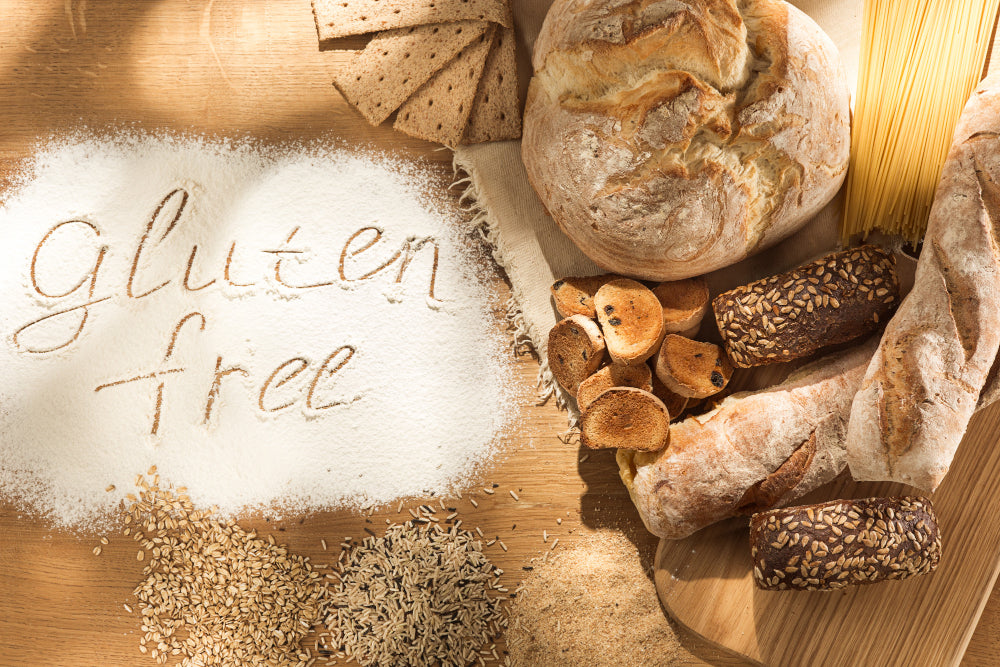
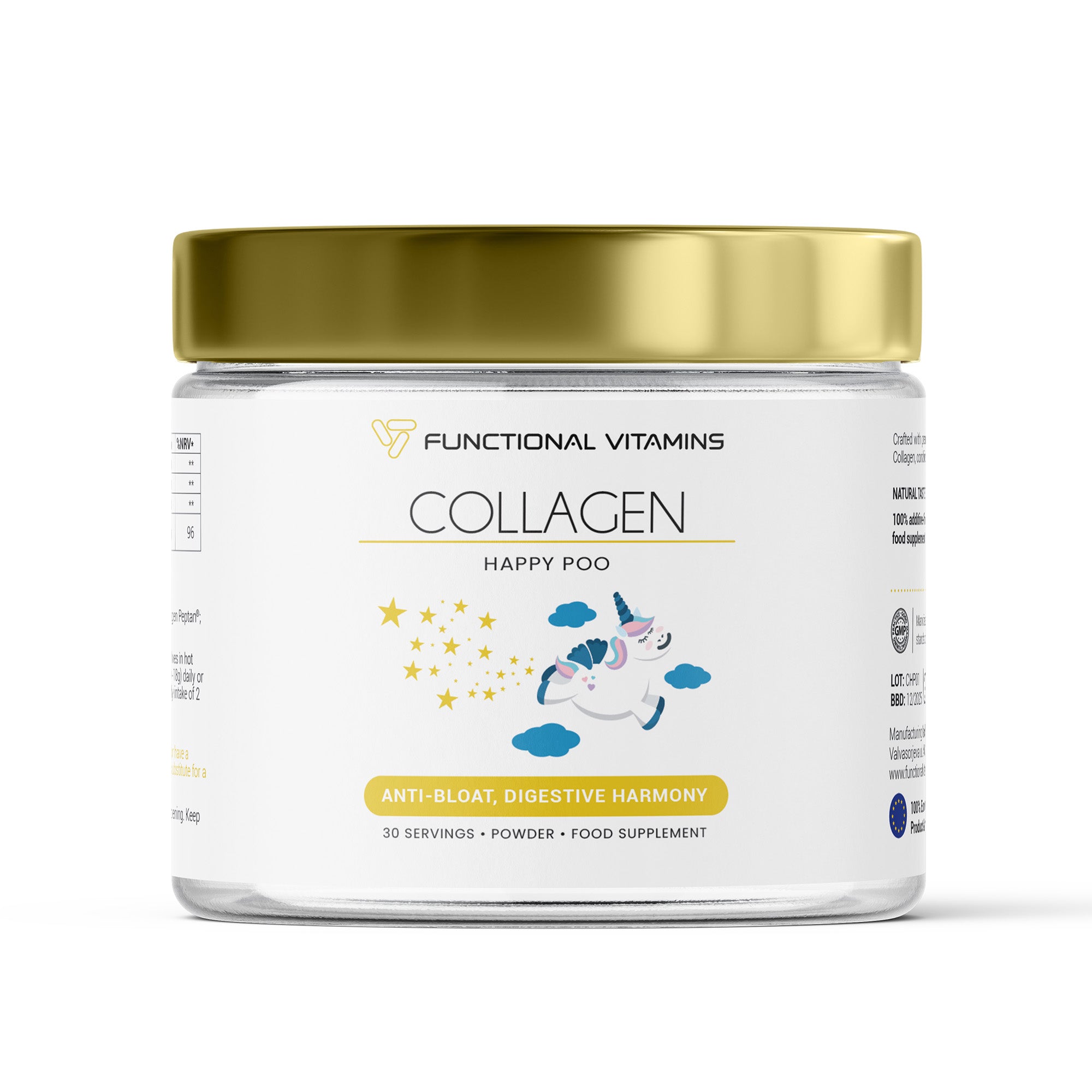

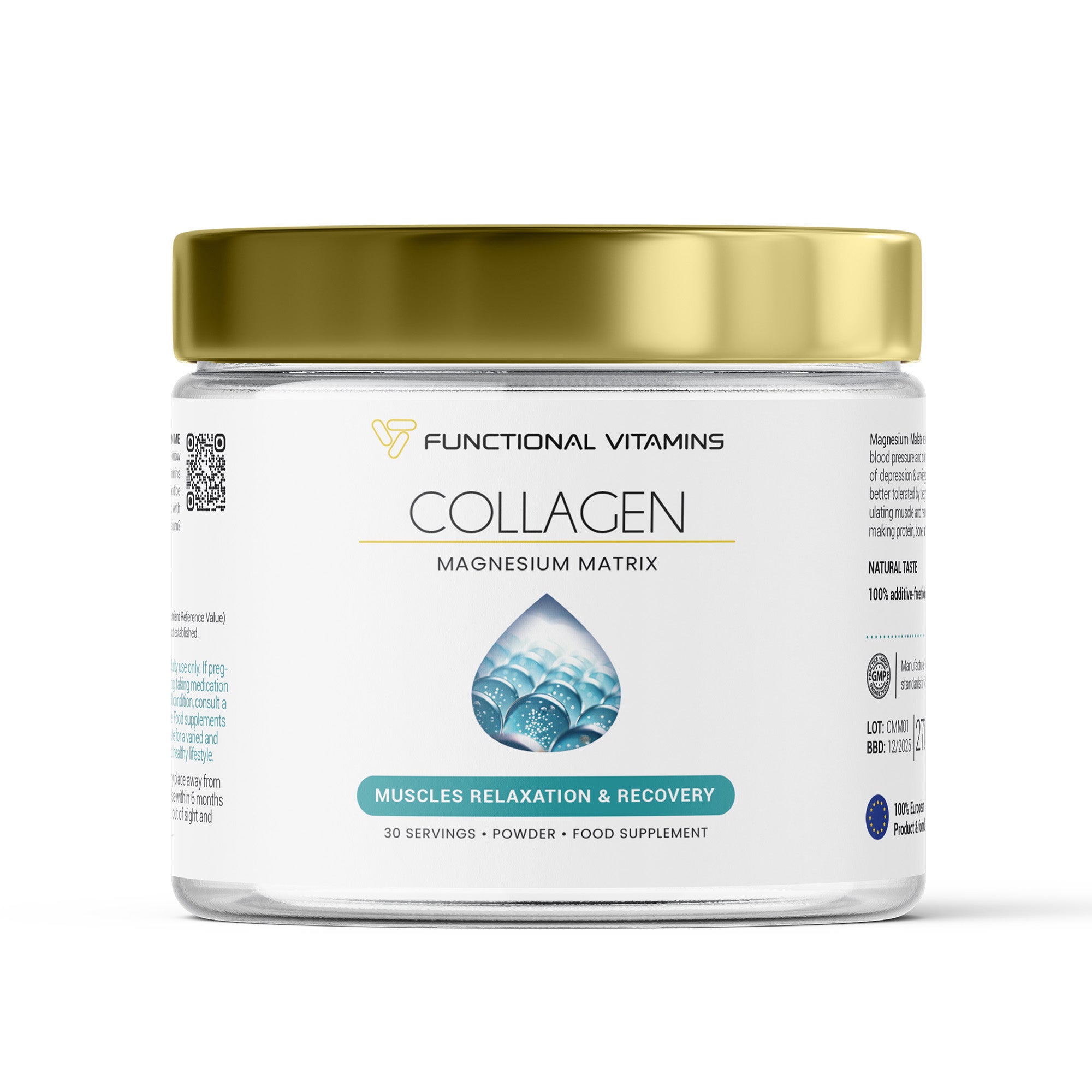

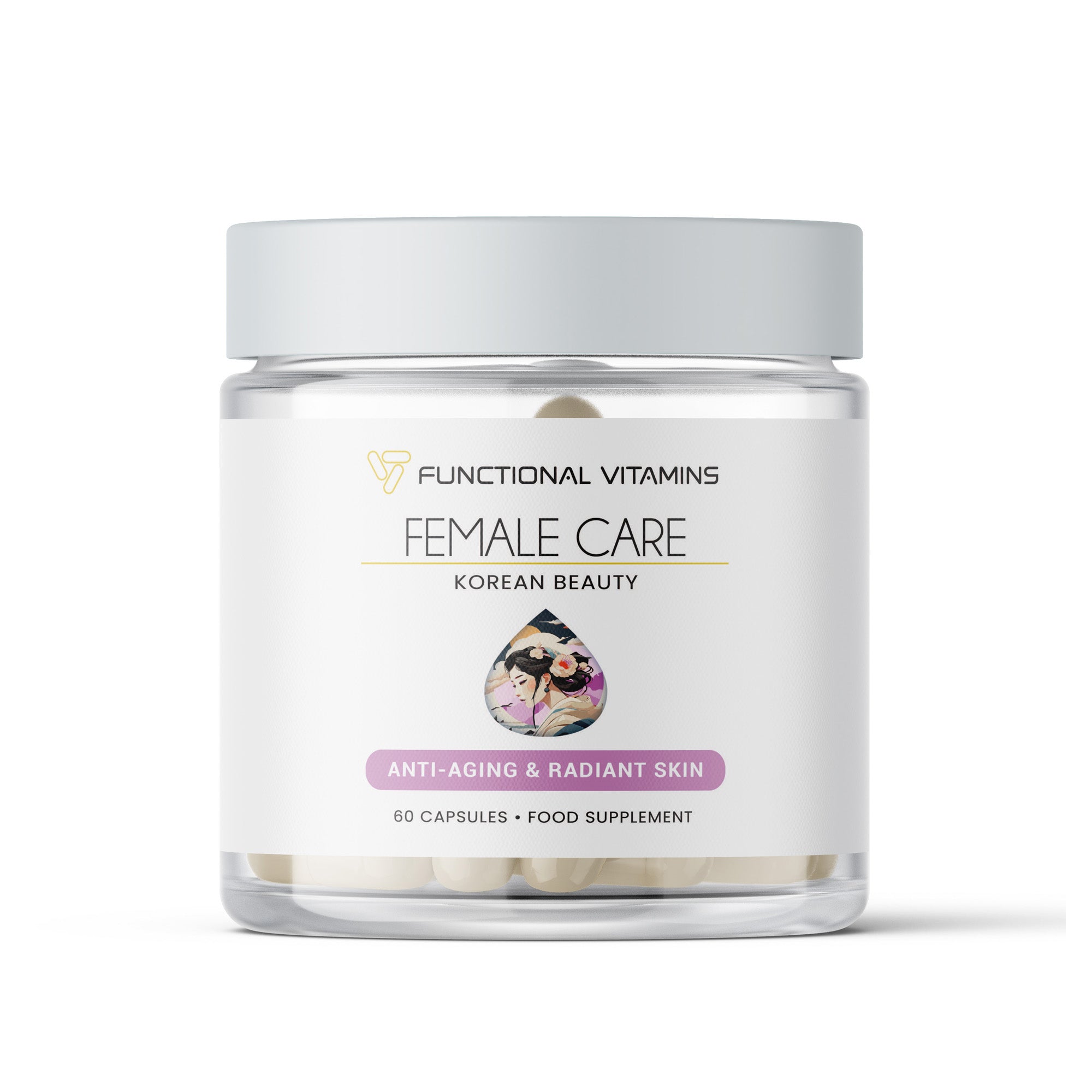
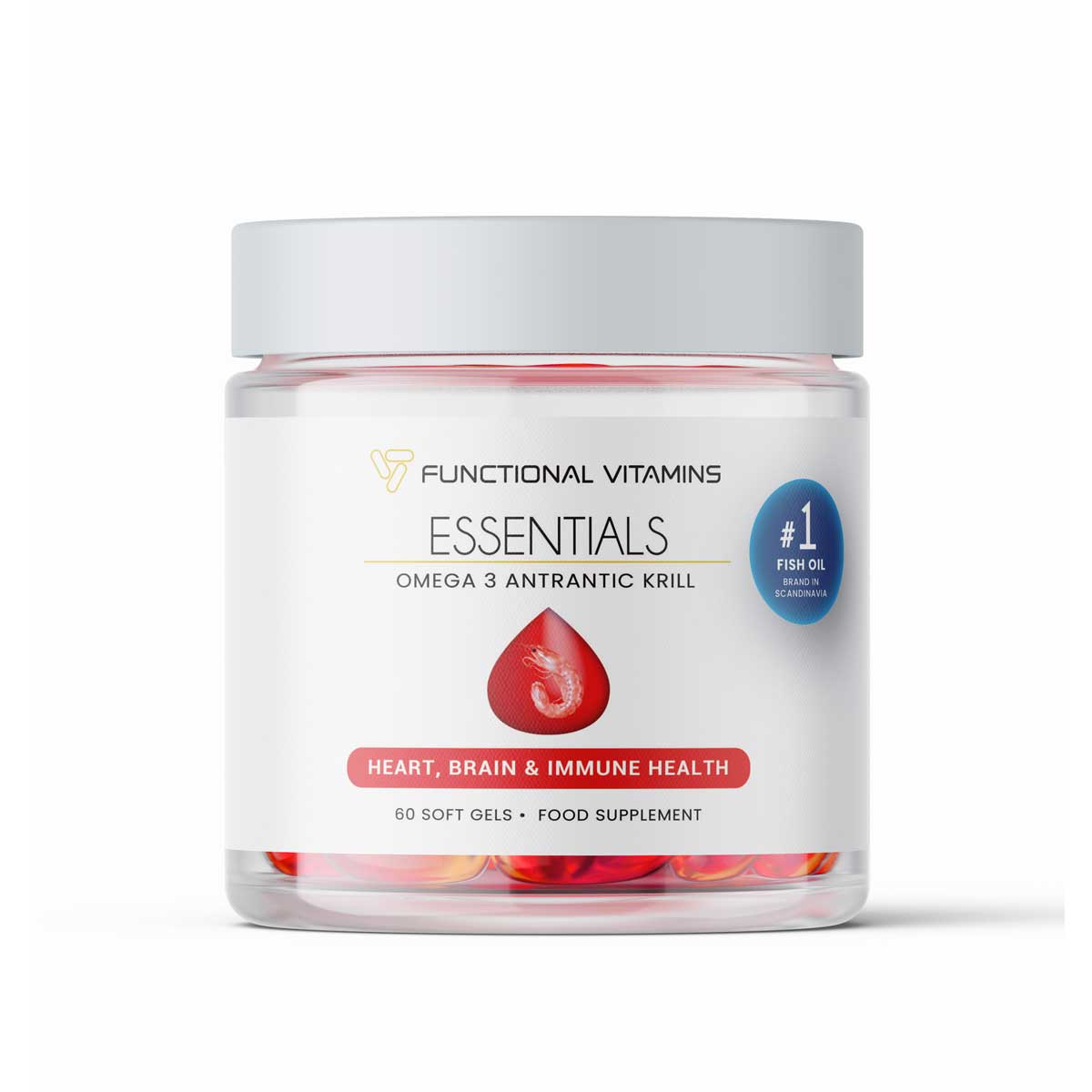

Leave a comment
This site is protected by hCaptcha and the hCaptcha Privacy Policy and Terms of Service apply.